If you're just getting started with CBD, the terminology can be confusing. Words like CBD oil, CBD tincture, and CBD extract are often used interchangeably—even when they refer to different products. So, what’s the real difference between CBD oil and CBD tincture?
Let’s clear up the confusion. While both products are derived from hemp and contain CBD (Cannabidiol), the base ingredient and extraction method differ, which can influence how they’re used and what to expect.
Understanding the Basics: CBD Oil vs. CBD Tincture
Though sometimes marketed similarly, CBD oil and CBD tinctures are not the same.
CBD Oil: Typically made by combining hemp-derived CBD extract with a carrier oil, such as MCT oil, coconut oil, or olive oil. This blend allows for sublingual use (placing under the tongue) and may also be used in some topical applications.
CBD Tincture: Traditionally refers to CBD extract suspended in high-proof alcohol instead of oil. These tinctures are processed by soaking plant material in alcohol to extract cannabinoids, then filtering and bottling the result. Many CBD tinctures are infused with flavorings or additives for taste.
While both products come in dropper-top bottles and are usually taken the same way, their ingredients and manufacturing processes differ.
How Are They Made?
CBD Oils: Created by infusing CBD extract into a plant-based oil. The type of carrier oil can influence taste, texture, and shelf life.
CBD Tinctures: Made through an alcohol-based extraction process. This method may help preserve cannabinoids but results in a different flavor and composition.
Taste and Ingredient Preferences
The decision between CBD oil and tincture often comes down to personal preference:
Those who prefer a more natural taste may lean toward CBD oils, which often retain the earthy flavor of hemp.
Those looking for flavored options may prefer tinctures, as they are more likely to be infused with flavoring agents.
Some users are sensitive to alcohol-based products, while others may prefer them due to faster absorption or taste preferences.
How Do People Use CBD Oils and Tinctures?
CBD oils and tinctures are commonly used sublingually (under the tongue). This method involves placing a few drops beneath the tongue and holding it there for up to a minute before swallowing. This area contains many capillaries, allowing the CBD to enter the bloodstream more quickly than through digestion.
Other uses include:
CBD oils may also be applied topically (if formulated for skin use).
Tinctures, especially those made with alcohol, are typically for oral consumption only.
How Long Do the Effects Last?
The duration of effects can vary based on:
The amount consumed
Individual metabolism
Product formulation
CBD products do not cause intoxication, and hemp-derived items legally must contain no more than 0.3% Delta-9 THC on a dry-weight basis. That makes them non-psychoactive under federal standards.
How Much Should I Use?
There is no one-size-fits-all when it comes to CBD serving sizes. Many people start with a lower amount—such as 10 to 15 mg—and adjust based on how they feel. More experienced users may take up to 30 mg or more, depending on their preferences and tolerance.
It’s important to:
Read product labels
Follow the manufacturer’s usage instructions
Consult a healthcare provider if you're unsure where to start
Which is Better: CBD Oil or CBD Tincture?
There’s no universal answer—it depends on what works best for you. Here are some pros of each:
CBD Oil:
Generally free from alcohol
May include a variety of carrier oils
Can sometimes be used topically
CBD Tincture:
Often comes in flavored versions
Can provide a more concentrated CBD per drop
May appeal to users who prefer alcohol-based products
Your choice might depend on your taste preference, product availability, or ingredient sensitivities.
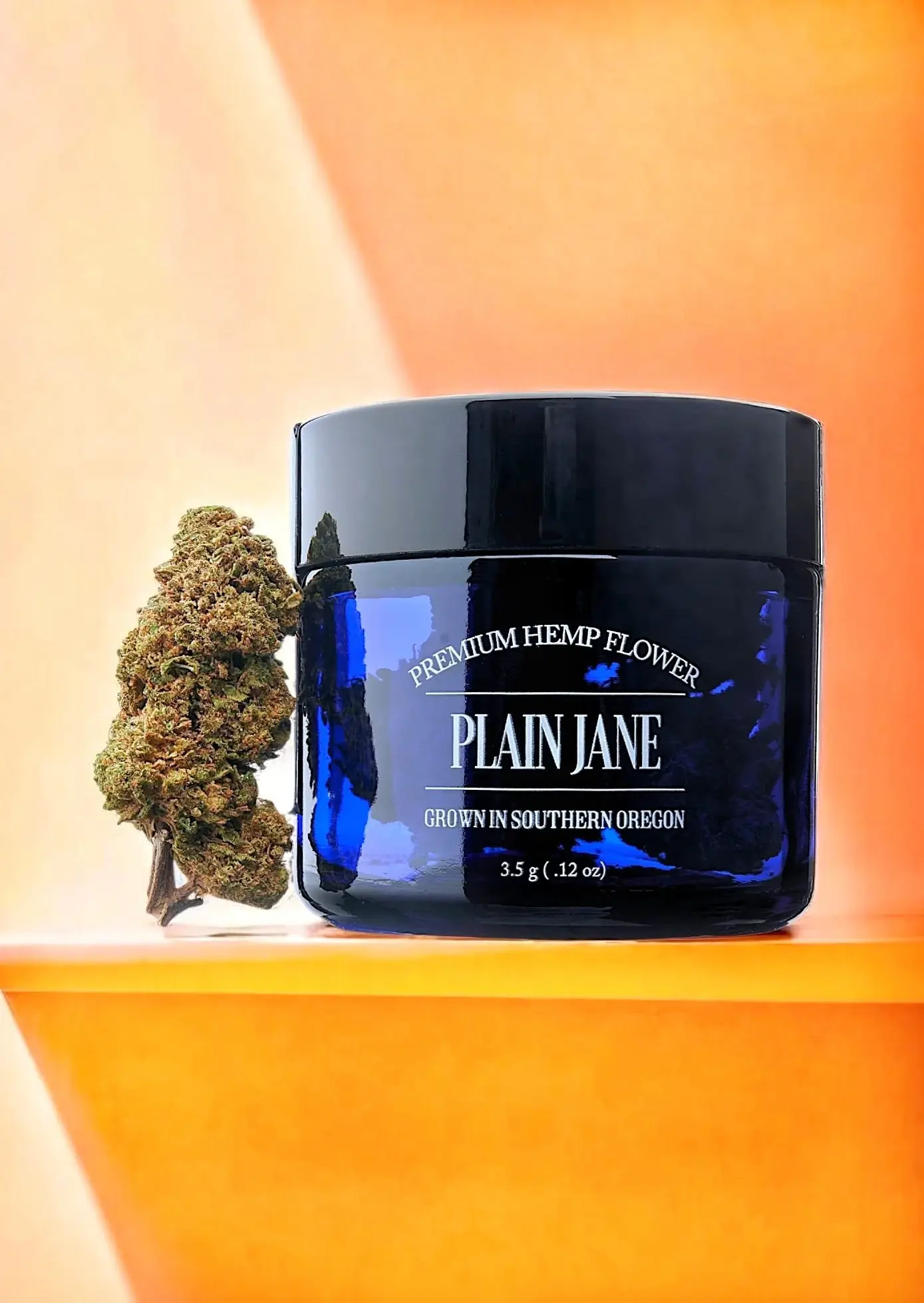
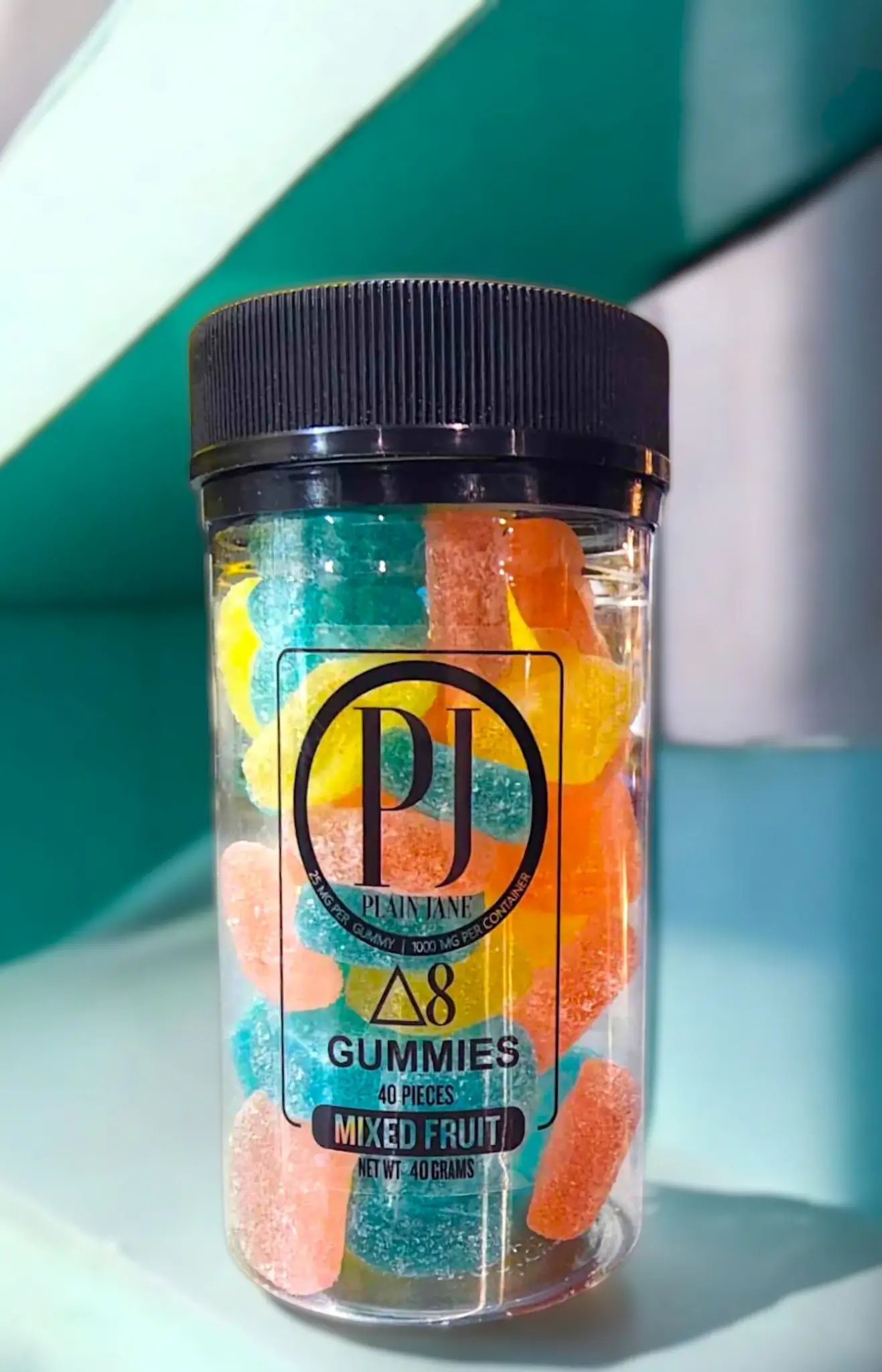
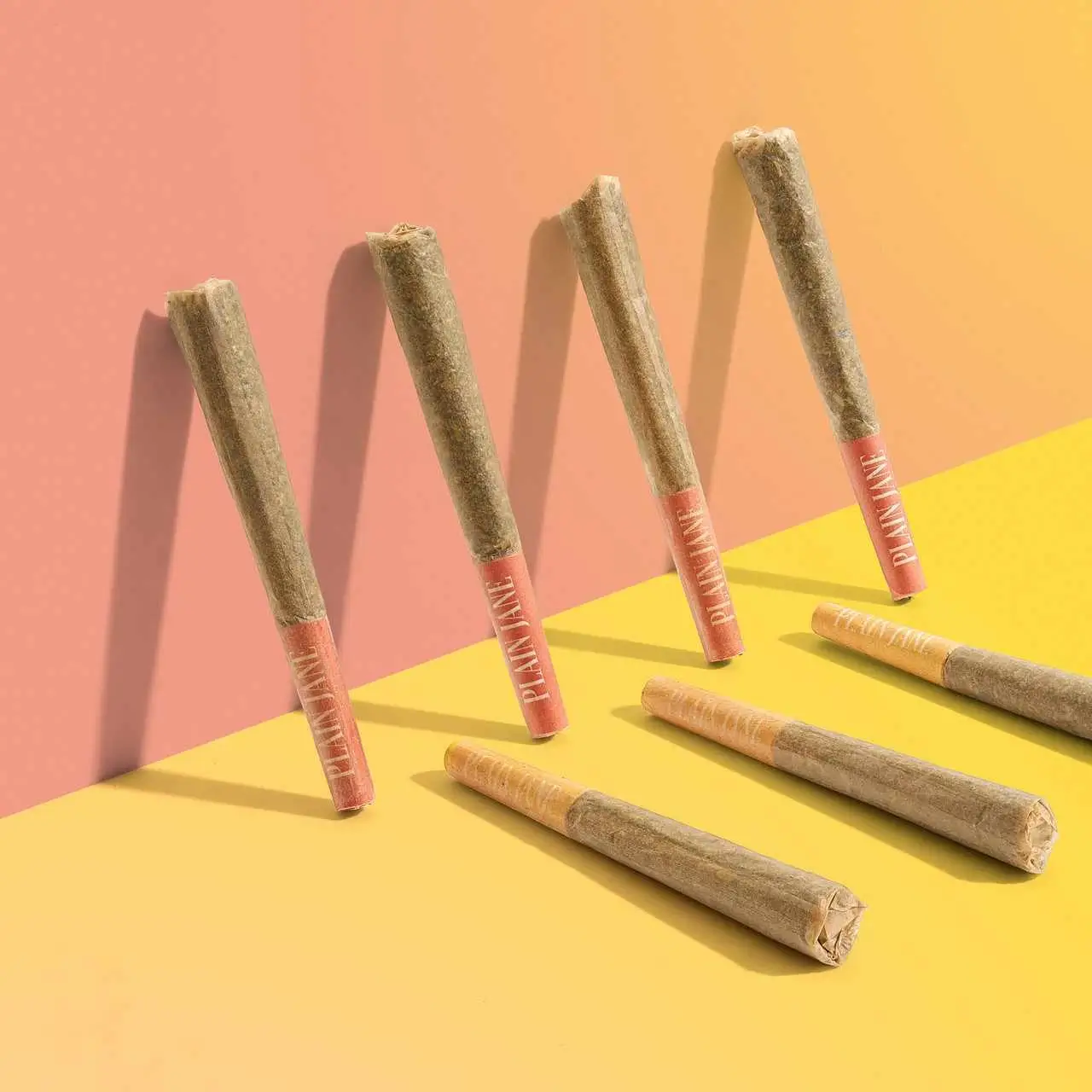
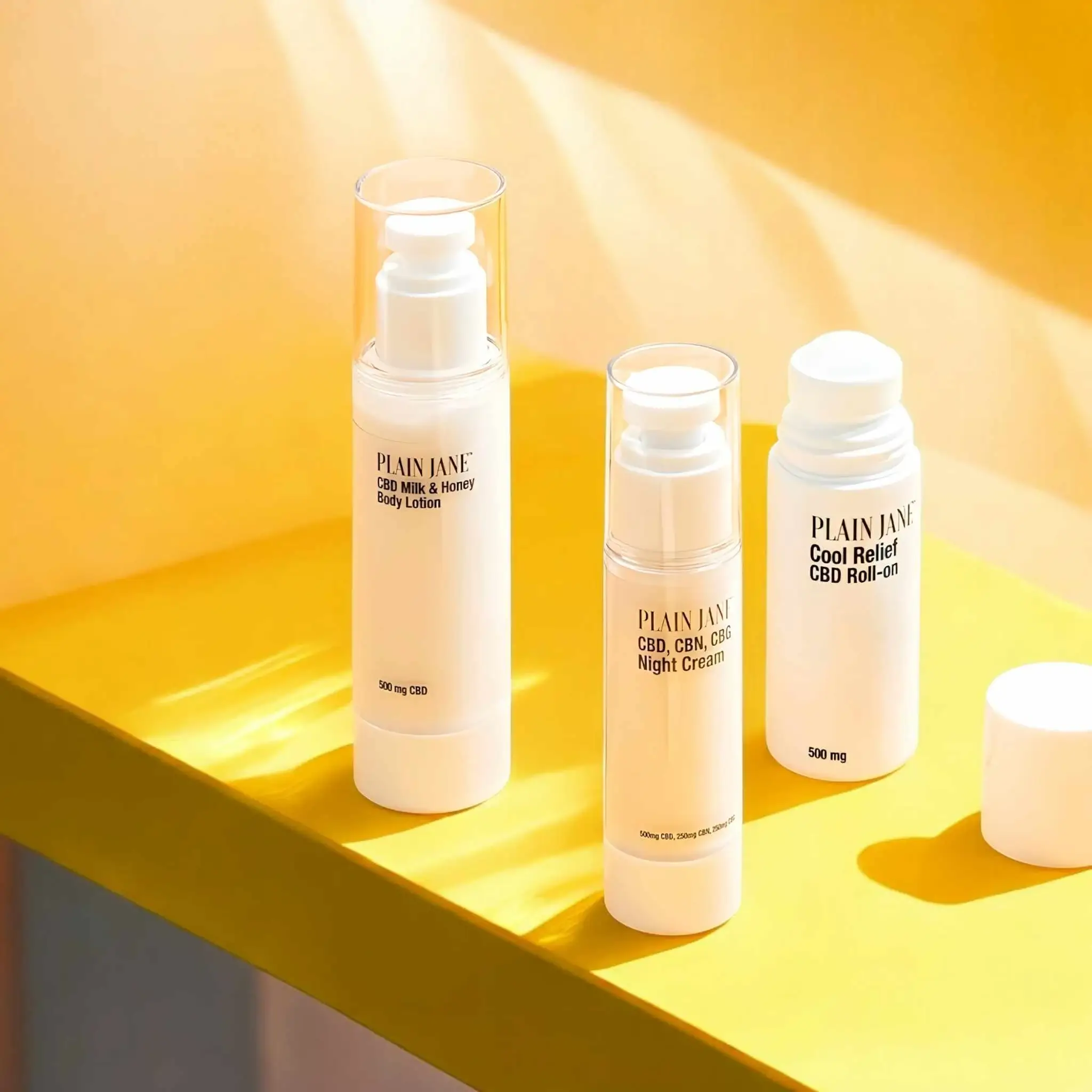
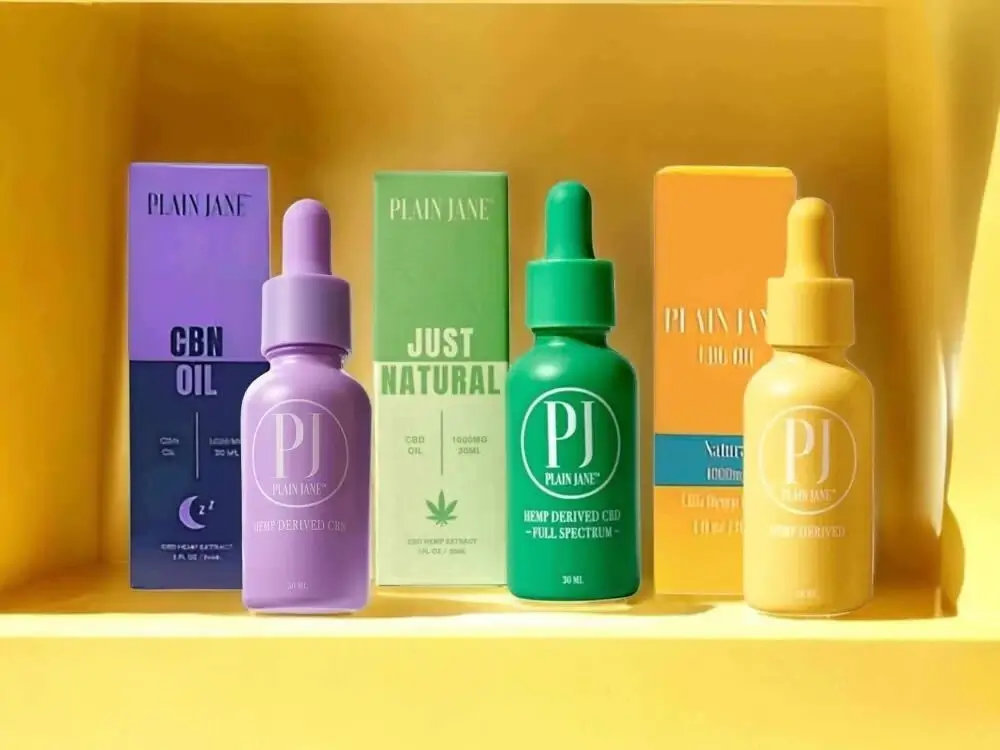
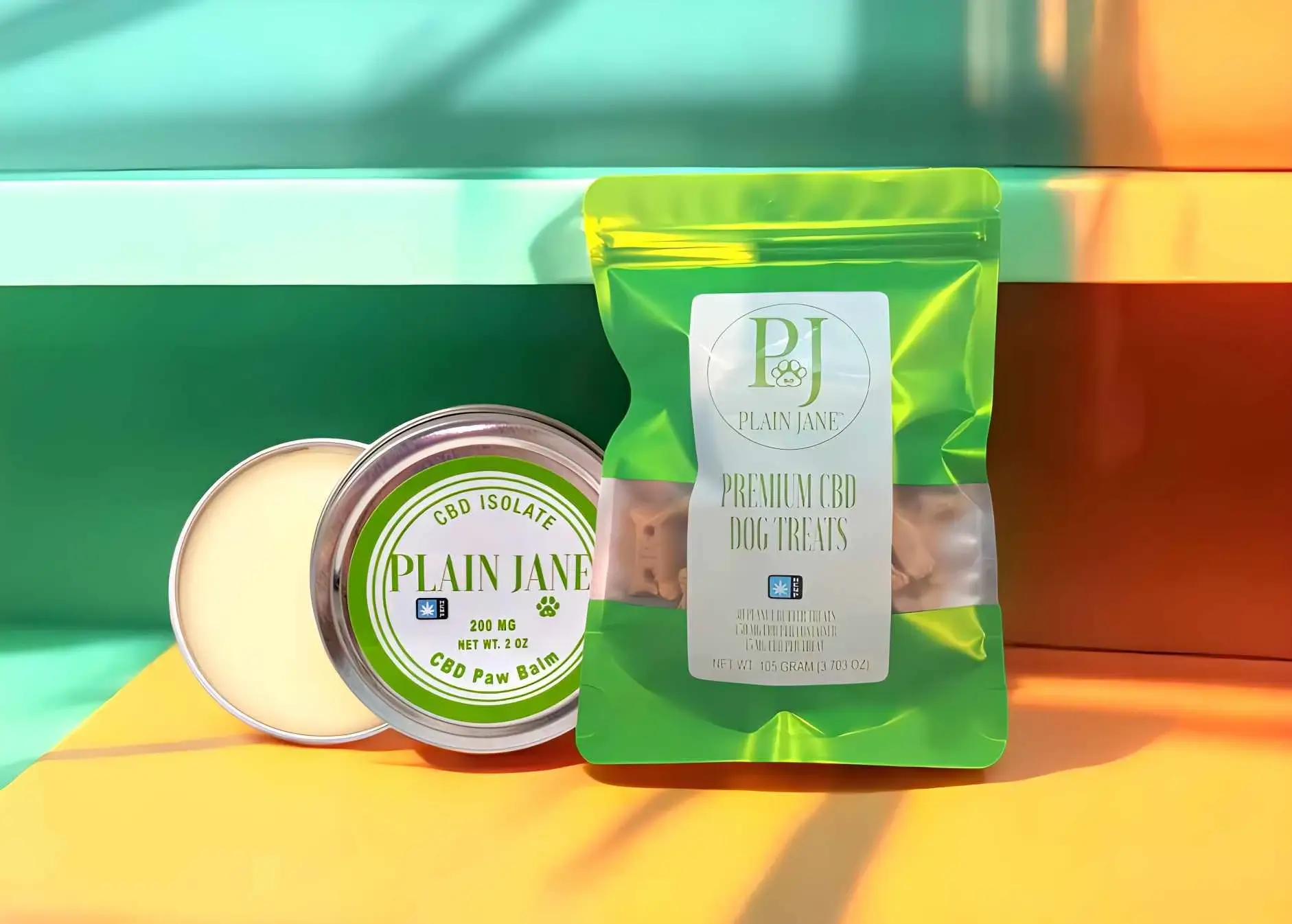
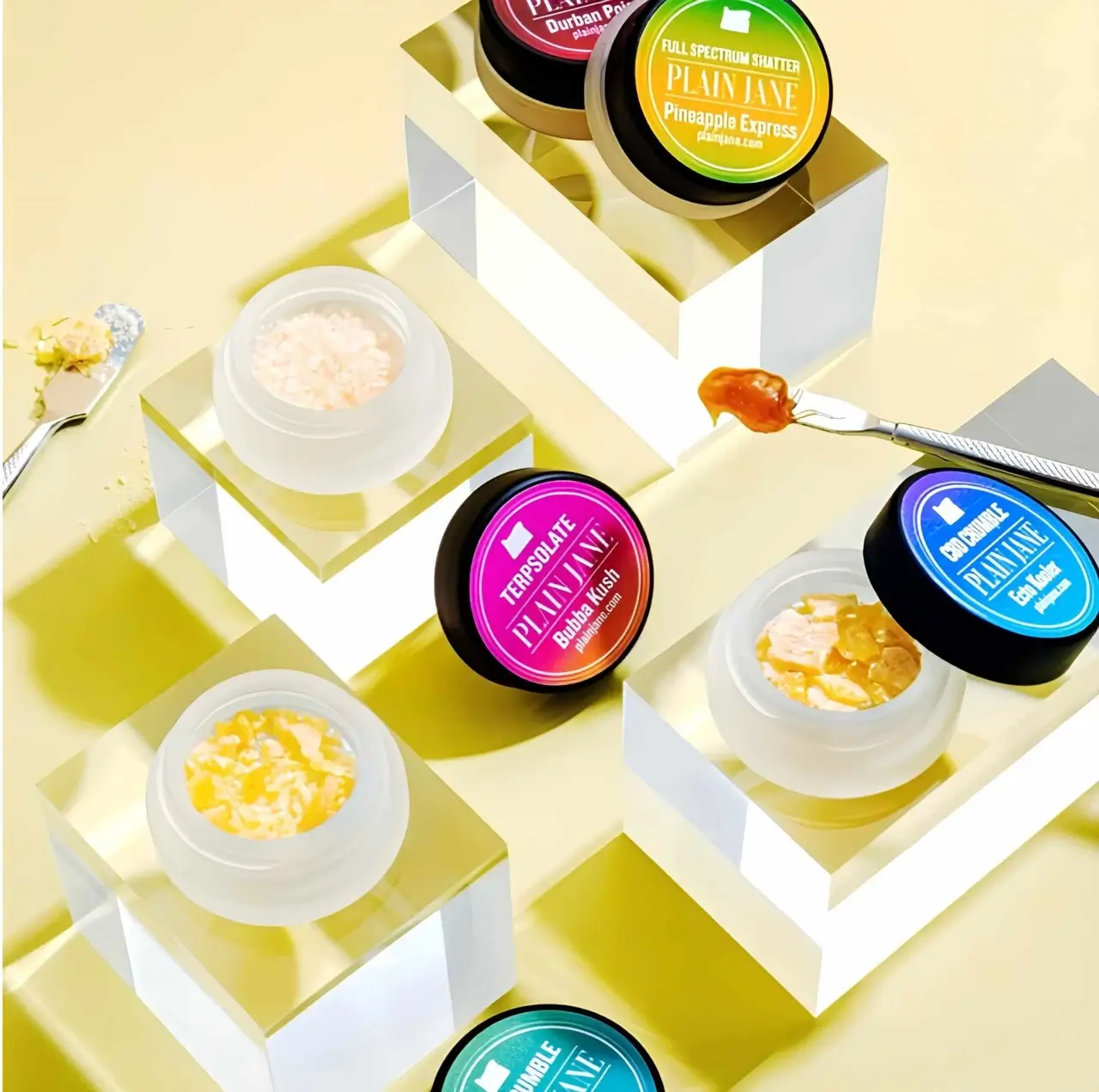

0 comments